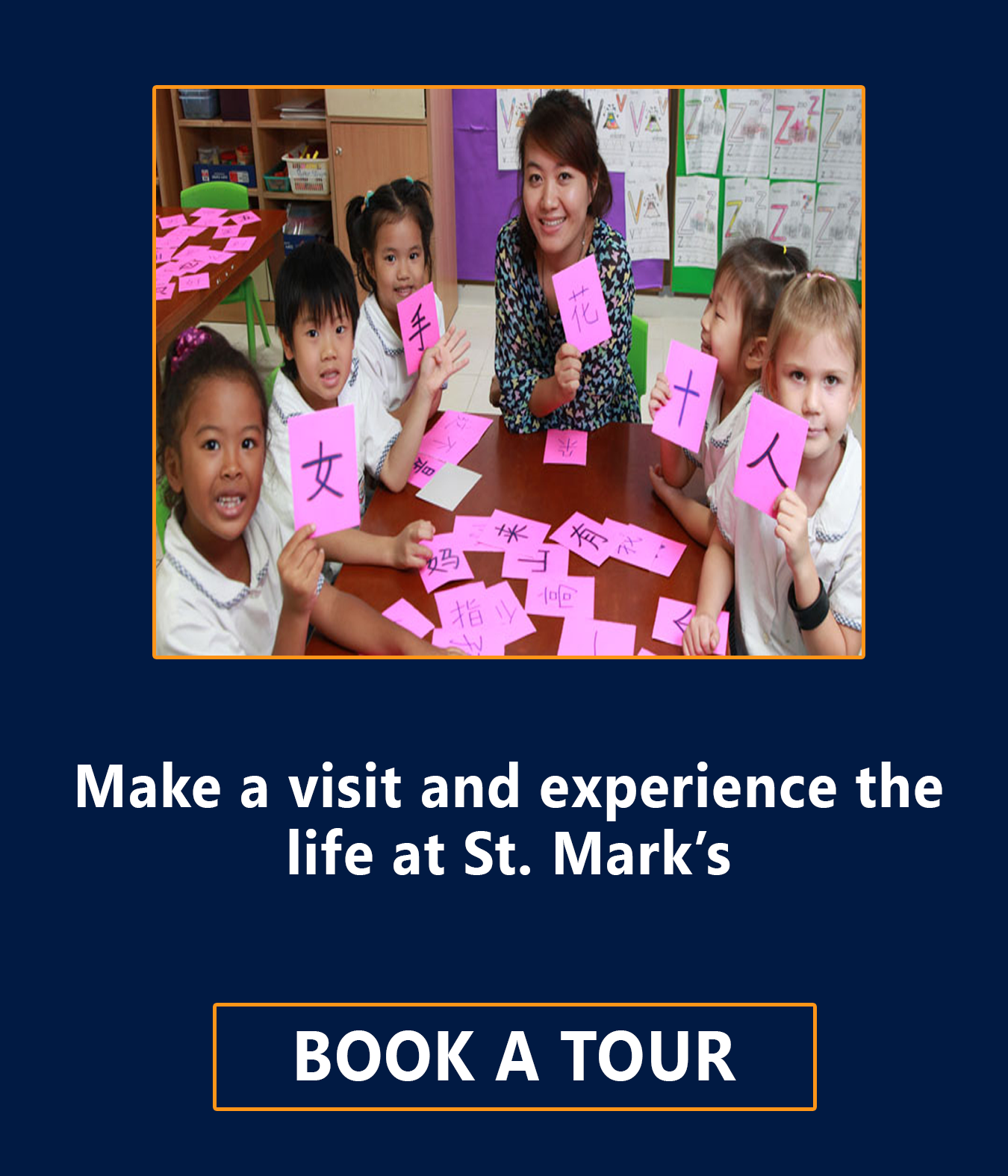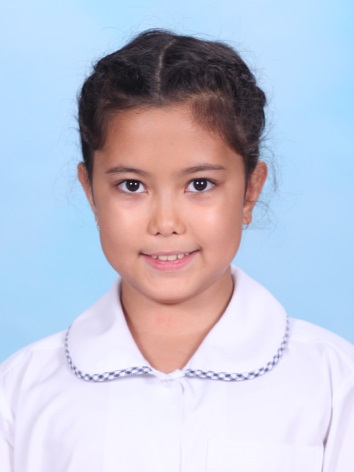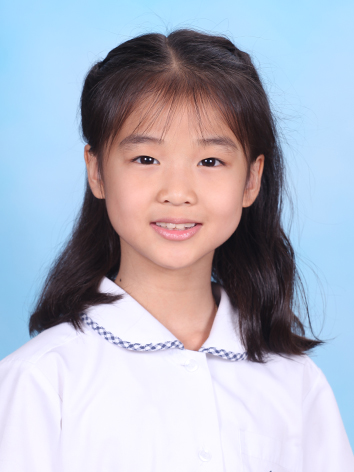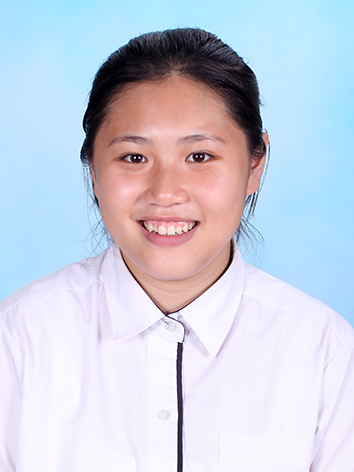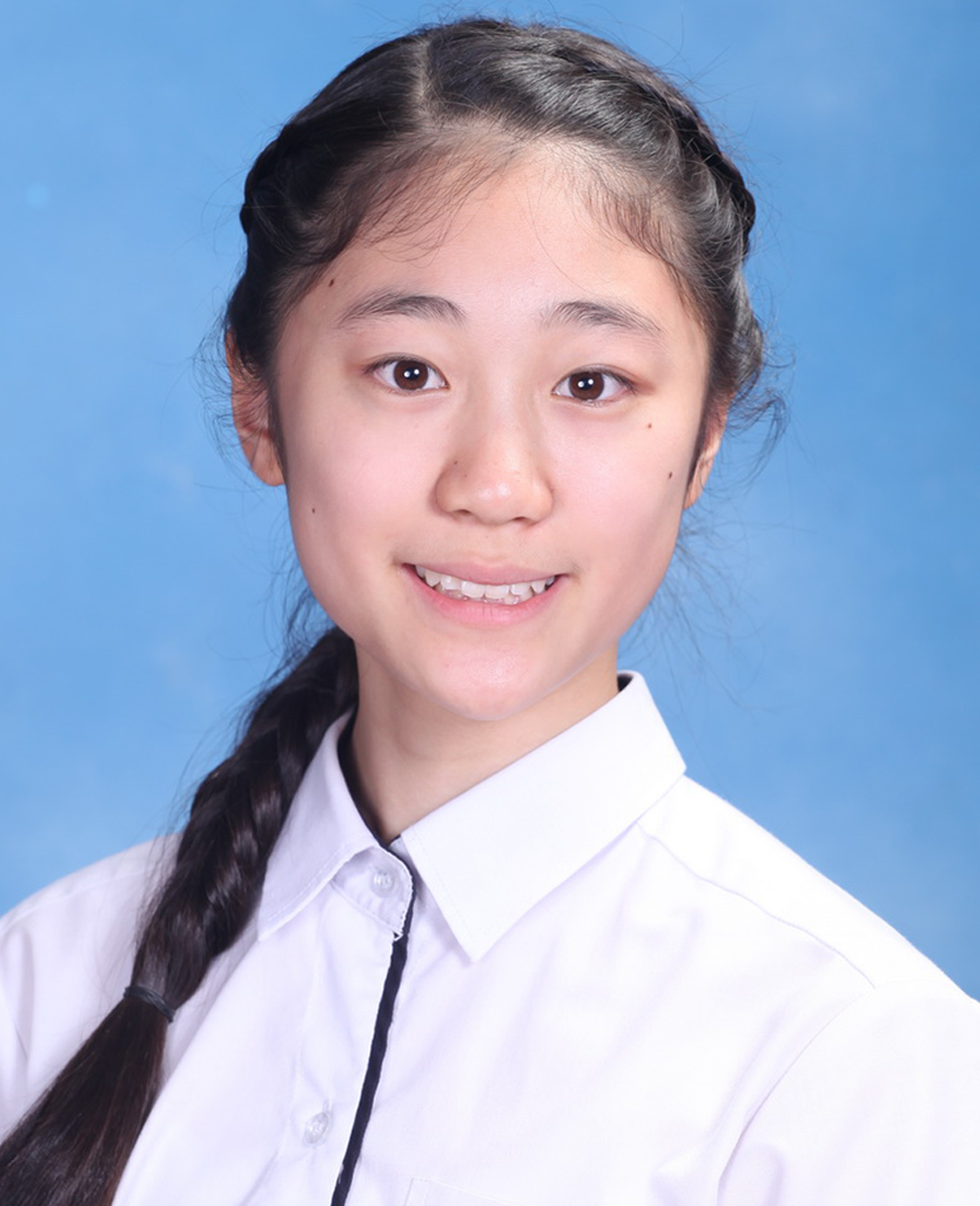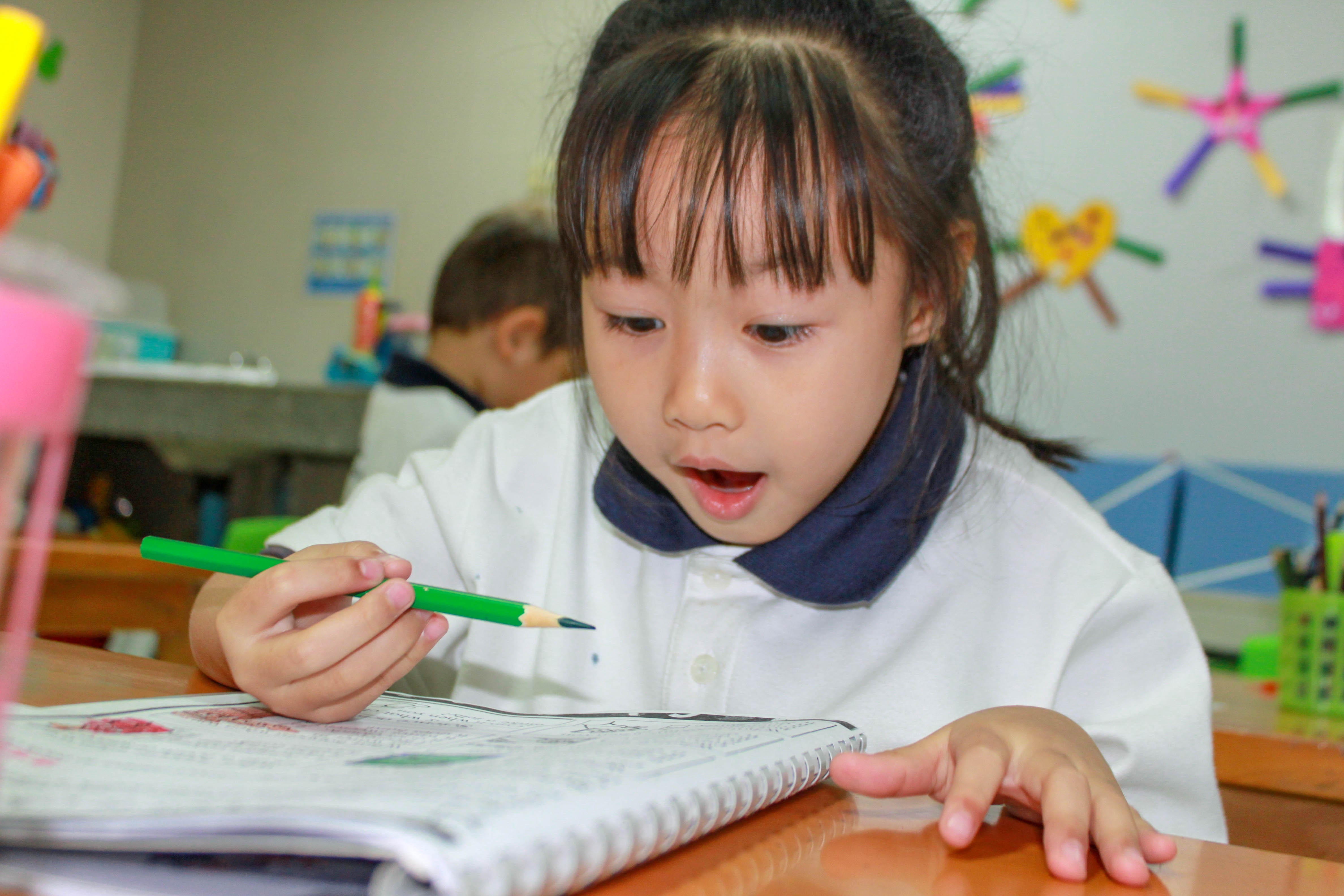
Frequently Asked Questions
Our School Administration has put together a list of frequently asked questions in this section. We hope that prospective parents will find this useful. If you have any further questions about our school curriculum, programs, or any other information, please feel free to contact our Admission Office.
Why Australian Curriculum?
An Australian school is a great stepping stone for further study. Australian education is one of the most-acclaimed in the world, Its curriculum framework used in our school achieves comparability with the highest Australian and international standards. The framework provides a strong focus for teaching and learning and clear statements of what students are expected to achieve in each educational level that students undertake. Over the past decades, the Australian education system has been proven to be very successful and is becoming a model for many countries to follow. Independent global tests including Program for International Students Assessment (PISA) by the Organisation for Economic and Cultural Development has ranked Australia as one of the top countries to achieve success in the area of primary and secondary education. The Australian education system focuses on the overall development of a student - spiritual, physical, mental, physical, and cultural; so, emphasis is placed on both the students' academic and personal developments.
Graduating with the Year 12 Australian Matriculation Program with the ATAR (Australian Tertiary Admission Rank) opens up many opportunities for further studies at tertiary level. The ATAR offers direct pathways to all Australian universities, as well as to all prestigious universities around the world. Top universities, such as Cambridge, Oxford, Harvard, MIT, Columbia, Princeton, University of Toronto, Nanyang, National Technological University (NTU), Tokyo University, Hong Kong University, Tsing Hua University, University of Auckland, all accept the ATAR. The ATAR is also accepted by all universities in Thailand.
Why Does Our Curriculum Focus on Mathematics and Science?
The world's future trends and opportunities are still in technology. Technological advancement in health science research, engineering, computer, technology, logistics, and artificial intelligence, to name a few, are all based on the fundamental knowledge of Mathematics and Science. Like all other skills, cognitive skills in Mathematics and Science can be trained and can be acquired from young. With an age-appropriate and step-by-step approach to teaching and learning, our Mathematics and Science programs have proven a success, with many of our students winning various prestigious awards locally and internationally.
Top in Thailand for IGCSE Physics, Outstanding Cambridge Learners for IGCSE Chemistry, Perfect Scores for AS Level Physics, Gold Award for World International Mathematical Olympiad, Gold Award for Hong Kong International Mathematical Olympiad are some of the achievements that our students have accomplished internationally.
With our carefully-planned curriculum, combined with qualified and experienced teachers, our students are provided with a rigorous and supportive program, laying a solid foundation in Mathematics and Science, preparing our students for the world's future trends and opportunities.
Why Learn Many Languages at a Young Age?
Recent neuroscience research suggests that children’s learning capacity is developed during the earliest years. Interactions with the environment during these critical years help lay the foundation for behavioural and developmental outcomes. In recent years, researchers have made tremendous progress in learning about the human brain and the critical influence of the early years for brain development and learning, including learning a foreign language. Children have the ability to learn languages faster and better than adults. The pathways for dendrites in a child’s brain cells are still developing. Exposure to external stimuli, which includes exposure to new languages, will cause these dendrites to grow and connect between the brain cells, forming a complex network of neuron connections. Most of these dendrites peak in their growth at about the age of six. Hence, there exists a window of opportunity to learn a new language, ideally before the age of six. To take advantage of this window of opportunity, we provide opportunities for students to learn English, Mandarin and Thai simultaneously from a very young age.
The main language used as the medium of instruction is English. Second and third language programs are taught to our students in Mandarin and Thai, starting from the age of about 3 years old by qualified native teachers. Students take these language classes daily, and emphasis is placed in areas of speaking, reading, spelling and writing. Mandarin curriculum is adopted from Singapore’s National Curriculum and Thai curriculum is adopted from the Thai National Curriculum. For Mandarin, students are taught Hanyu Pinyinto aid with Chinese pronunciation and simplified characters in Chinese writing. Our Thai language curriculum is unique in a sense that we teach Thai daily, using the same textbooks and methods as those in Thai schools. This enables our students to be as proficient in Thai as their peers in Thai schools. Students become competent speakers, readers and writers of these languages by the time they complete primary levels.
What Time Does the School Begins and Ends?
-
Kindergarten: 8:00 am - 1:00 pm (After-school care option ends at 3:10 pm)
- Pre-Prep to Year 12: 8:00 am - 3:10 pm
Does our School Provide Lunch and Snack?
St. Mark’s canteen offers healthy snacks and lunch. All food is freshly selected, prepared and cooked by the school's own Food Department. The meal plan is rotated periodically to provide nutritionally balanced meals, allowing students to be exposed to both the Western and Eastern cuisines.
Can My Child be Involved in Extra-Curricular Activities?
At St. Mark’s International School, we offer a wide range of ExtraCurricular Activities (ECA) for students in Primary and High School levels. Information on our ECA's can be found on this website under "Parent Info"
These ECA's usually take place immediately after school, running from 3:15 pm to 4:00 pm. Some ECA’s take place outside of the School campus. Additionally some ECA's that are provided by external groups will require an additional fee.




